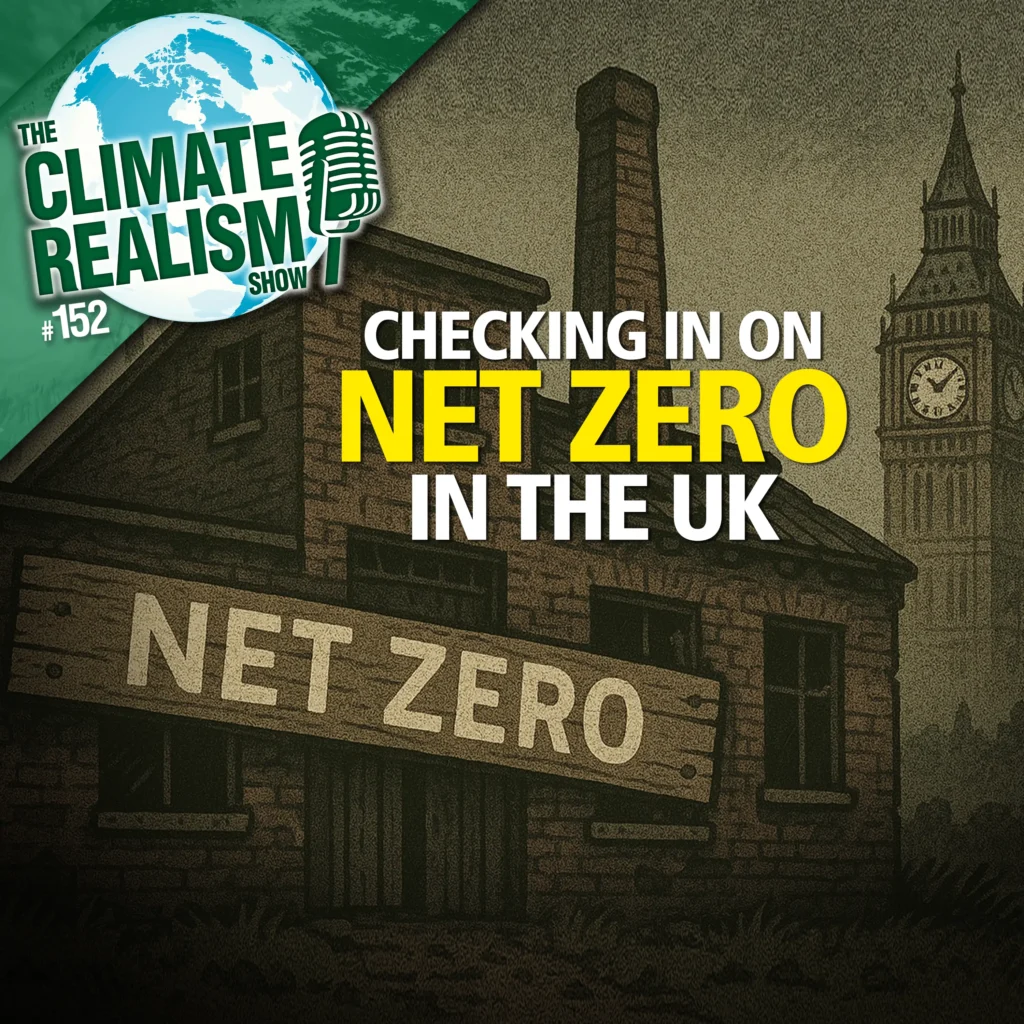Thomas Friedman argues (February 17) that global warming should instead be called “global weirding” because as a result of global warming, “The weather gets weird. The hots are expected to get hotter, the wets wetter, the dries drier and the most violent storms more numerous.” The only thing getting weirder, however, is Friedman’s interpretation of reality.
To claim, as Friedman does, that “the hots are expected to get hotter” is quite misleading. Most of the warming from carbon dioxide emissions is expected to occur at night, as carbon dioxide prevents some of the earth’s heat from radiating back into space after the sun sets. Daytime highs are not expected to change much, but evening lows will become somewhat milder. The moderation in nighttime low temperatures, moreover, is expected to occur more in the winter than in the summer. This would make conditions more, not less, comfortable for people.
Far from “global weirding,” this should translate into “global milding.” Global temperature data confirm this, showing no signs of “the hots getting hotter.” The all-time high temperature in Africa was set in 1922; in North America, 1913; in Asia, 1942; in Australia, 1889; in Europe, 1977; and in South America, 1920. In the United States, 30 of the 50 states experienced their all-time high temperature between 1910 and 1940. Fully 40 of the 50 states experienced their all-time high temperature before 1980.
As to “the wets” allegedly getting wetter, global precipitation increased during the 20th century, but this did not happen in a weird or harmful manner. National Climatic Data Center records show U.S. precipitation has increased nearly 10 percent in the past 115 years, but fully half of this increase occurred during the fall drought season, when the least amount of precipitation happens and an increase in precipitation would be most beneficial. Far from a “weirding,” this can best be described as a blessing.
A study of stream flows and flooding events published in the April 2009 peer-reviewed Journal of the American Water Resources Association confirms this. “There is broad evidence … for increased magnitudes of low and moderate flows both regionally and nationally” while “trends in high flows have been much less evident,” the study concluded.
Likewise Friedman’s assertion that global warming is causing the “dries” to get drier. Not only is precipitation–and particularly precipitation during the fall drought season—becoming more dependable, but drought as a whole is in sharp decline. A study published in the May 2006 peer-reviewed Geophysical Research Letters reported, “Droughts have, for the most part, become shorter, less frequent, and cover a smaller portion of the country over the last century.”
A study in the March 2006 peer-reviewed Journal of Hydrology reached a similar conclusion. “Evidence indicates that summer soil moisture content has increased during the last several decades at almost all sites having long-term records in the Global Soil Moisture Data Bank.”
Finally, the claim that “the most violent storms [are becoming] more numerous” is demonstrably false. National Weather Service records show the number of strong (F2 and higher) tornadoes in the United States has been declining for the past 35 years. Roughly twice as many strong tornadoes struck the nation during the 1960s and 1970s, when the globe was cooling, than struck in the 1990s and 2000s.
The hurricane record is similar. National Weather Service records show hurricanes struck the United States far more frequently in the late 1800s through the 1950s than has been the case since the 1960s. In fact, global hurricane frequency during the past two years was lower than at any time since at least the 1970s.
Thomas Friedman may believe there is value in drumming up public alarm by falsely claiming global warming makes the weather “weirder.” In the real world, however, the weather is becoming milder.
James M. Taylor is senior fellow for environment policy at The Heartland Institute.




